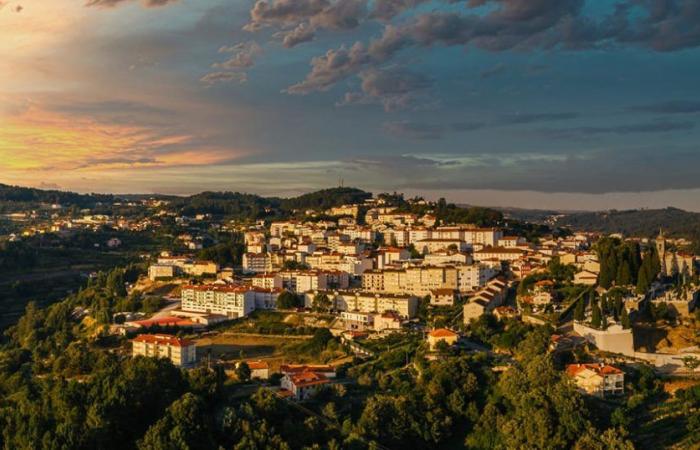Daily
In Castro Daire, the cultural clarification and dynamization campaign also helped to combat an outbreak of brucellosis
Photographer: DR
When the military arrived in villages in the interior of the country for clarification activities, after the 25th of April, they found isolated populations still living under the old regime, subordinated to the interests of local parish priests and chiefs. “In the period immediately following the 25th of April, during the rule of General Spínola, the military was prevented from leaving the barracks. But on the 25th of April, they did not present themselves empty-handed, they had a program that was the MFA (Armed Forces Movement) program, where what was intended for the country was well defined”, said sea and war captain Manuel Begonha, who coordinated enlightenment and cultural dynamization campaigns. “It was necessary to tell people, tell them who we were, what we intended, what exactly the 25th of April had been, that there would be elections and that they should vote”. In these incursions, the military were accompanied by artists, who took theater, cinema, circus, music and painting to the villages. The campaigns developed in different phases, with the civilian component that accompanied the military in the first stage helping to interact with the populations. In the interior of the country, there lived Portuguese people who had not noticed the 25th of April and the change of regime. The military was prepared to comply with local customs. “Many times, when we tried to reach certain villages, there were priests who were less interested in us going there and who ordered the bells to be rung,” he recalled. It was rumored that the soldiers were communists and that they went to the villages to steal the crucifixes, the gold, and take the children to Russia. In Castro Daire, a campaign was developed, which, in addition to leaving basic infrastructure, helped to combat an outbreak of brucellosis. “People didn’t have a pipe to get water to water the land, they didn’t even have a path to the cemetery. They carried the dead on their backs. In a municipality with 201 villages, only three or four had electric lighting, the rest were in the dark”, testified Colonel Cruz Fernandes, when describing the scenario he found. He also came across the difficulty that people had in selling their cattle, given the vicious system established by the regatões [negociantes], “in collusion” with the Lamego veterinarian. “They looked at the animals that were in good health and said ‘this one already has brucellosis, if you want to sell it to me, I’ll give you so much’, and they hit the ground with a stick. This signal was used to prevent other racers at the fair from approaching that one, so that he would end up selling it to them for the price he had offered.” One day, he stood on a platform and ordered the sale to be suspended. After a week, he returned with a team equipped to vaccinate and test the animals, giving the owners a certificate, a copy of which was sent to the veterinary services in Viseu. In Castro Daire, the team he led opened 17 roads, to serve many other villages. The priest who was traveling to Póvoa de Montemuro took the opportunity to start charging for the more expensive mass, when making the trip by car. Which for the military was a surprise, for the population not so much. “So the man studied and we don’t have to maintain him?”, asked a woman, among the people who had gathered to try to explain that the priest’s measure was not justified. Castro Daire, he recalled, was a dark municipality, although crossed by a high voltage line to serve São Pedro do Sul. “It was dark, with one exception, the place where the chief lived, that had electricity”, he said. An electrical engineer by training, Cruz Fernandes brought together the elements to put together a plan that would quickly bring electricity to those villages. He went again to the capital, from where he returned with a team of surveyors. “I worked with the engineers, we did 17 projects – we didn’t do any more because we left – and Castro Daire became one of the municipalities to have complete lighting”, he concluded.






